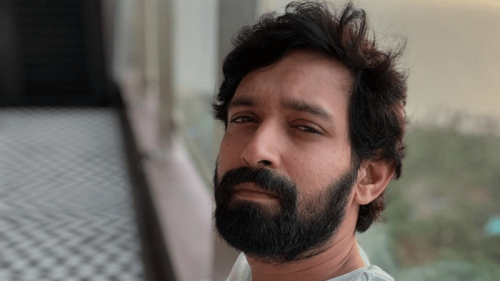REFLECTING a few decades later on the events of April 1917, British historian (and prime minister) Winston Churchill spoke of the Germans turning “upon Russia the most grisly of weapons. They transported Lenin in a sealed truck like a plague bacillus from Switzerland to Russia.”
The Germans were keen back then to facilitate further chaos in Russia, as what has become known as the First World War was about to enter its denouement. Lenin, as the Russian exile Vladimir Ilyich Ulyanov was known among circles familiar with his polemics, was an implacable opponent of that war, relentless in his criticism of social democrats — not least in Germany — who had succumbed to the siren song of nationalistic ‘patriotism’. The kaiser’s underlings may well have entertained second thoughts about their enterprise had they even an inkling of what their decision would entail.
At the time, Lenin was largely an unknown entity even among his compatriots, at least outside intellectual circles. His arrival at Petrograd’s Finland Station did not merely help to change the course Russian history. It served as the starting point of a world-historical transformation.
The revolution in February 1917 had taken Lenin by surprise but he was willing to make the most of it. He returned home by the only means possible, incubating radical ideas that were initially anathema even to some of his closest comrades, all too many of whom were willing, in the turbulent confusion of the times, to operate within the bounds of the shaky bourgeois-democratic dispensation that had displaced centuries of tsarist autocracy. Lenin had other ideas, and by October they has been honed into the determination that even the bourgeois phase of the post-feudal transformation ought to be overseen by a socialist government. It was Lenin, and not subsequent left-wing critics of the Soviet Union, who coined the term ‘state capitalism’ — in his case not as a critique but as a necessary concession to a particular stage of development.
His arrival at Petrograd marked the start of a global transformation.
Born into a middle-class milieu 150 years ago today in Simbirsk, Volodya was by most accounts a precociously sensitive child, radicalised not so much by his personal circumstances but by the misery he witnessed around him. As a 17-year-old, he was traumatised by the execution of 21-year-old Sasha, his beloved eldest brother, for Alexander Ulyanov’s role in a plot to assassinate tsar Alexander III. Soviet hagiography depicts the teenage Lenin as proclaiming, with his hand on his distraught mother’s shoulder: “We will not follow that path.” Another possibly apocryphal account has him declaring: “I’ll make him pay for this!” What’s undoubtedly true, though, is that the young Vladimir’s high-school headmaster, who admired his pupil’s diligence, was Fyodor Kerensky, the father of Lenin’s reactionary bête noire Alexander Kerensky in 1917.
There’s potentially another irony of history in the fact that in that year Lenin’s most indispensable comrade-in-arms was Leon Trotsky, who organised the military aspect of the October Revolution and effectively engineered a hard-won victory in the civil war that followed.
Arguments still rage in some spheres about whether Stalinism was a natural outgrowth of Leninism. They often tend to overlook the fact that a Lenin debilitated by an assassination attempt and at least two subsequent strokes unsuccessfully strove in his dying years to remove Joseph Stalin from his role as general secretary of the Communist Party, or that he tried in those same years to reverse some of the repressive policies that civil war exigencies had dictated.
Perhaps he would have tried much harder had he envisaged even in his most dreadful nightmares that Stalin would go on exterminate his closest comrades, culminating in the assassination of Trotsky in Mexico 80 years ago. It’s safe to say that Lenin would have been appalled by the death cult that placed him on a pedestal made of sand. His devoted widow deeply resented the idea of her husband being soaked in formaldehyde and being put on display for posterity as a poster-boy for a reality he neither envisaged nor endorsed.
Lenin’s so-called ‘last testament’ wasn’t made publicly available in the Soviet Union until it was included in his collected works in the 1970s. Given he rarely hesitated to acknowledge his own mistakes or resile from criticising the party that postulated him as a father-figure, I suspect he would have empathised with Mikhail Gorbachev’s glasnost-perestroika project. Gorbachev’s “we cannot go on living like this” catch cry resonates these days as a socialistic response is trotted out in so many parts of the world to rescue capitalism. If it is to go beyond that, though, it must heed Lenin’s warning against one step forward, two steps back.
Lenin has innumerable biographers, and even the most hostile among them tend to acknowledge his greatness. It would be a shame to let his legacy go to waste.
Published in Dawn, April 22nd, 2020











































